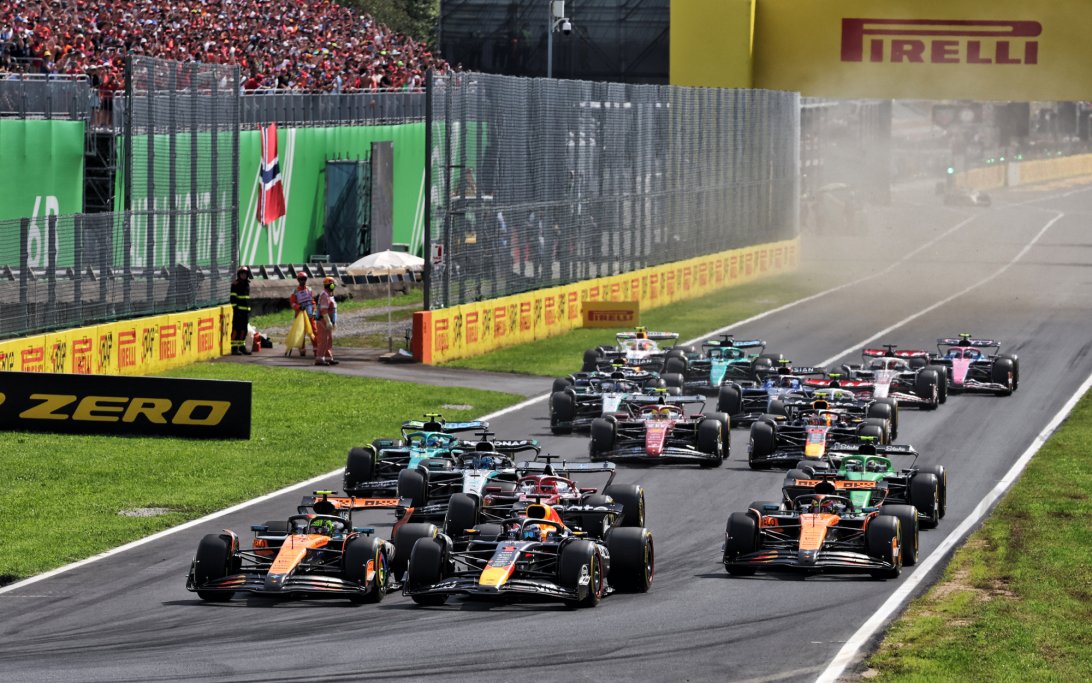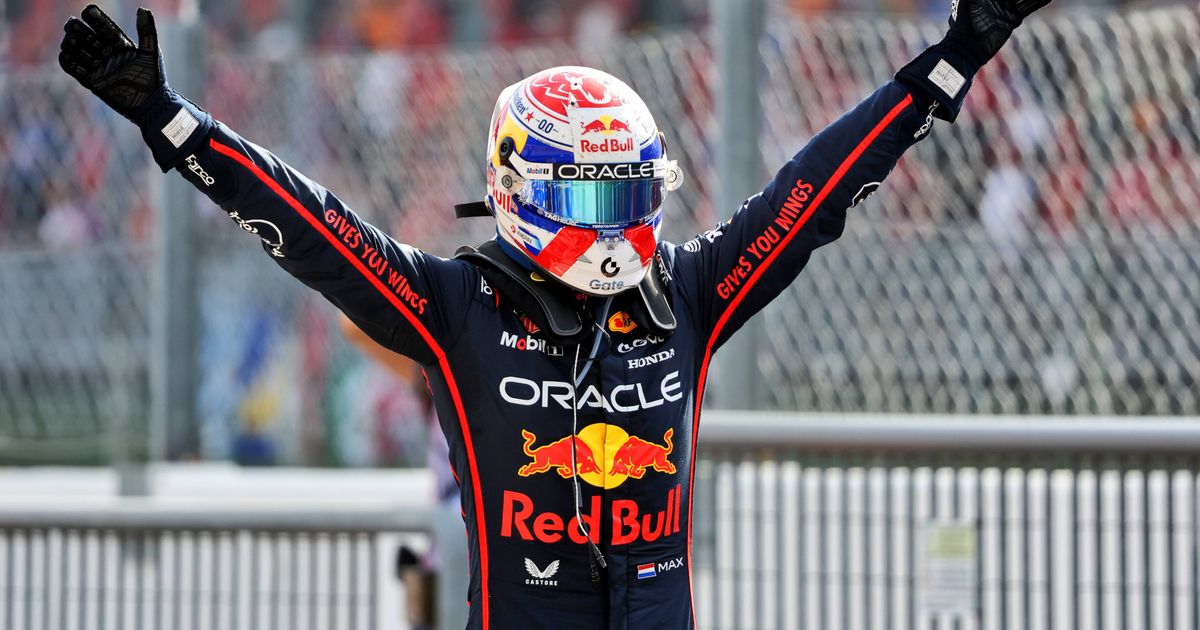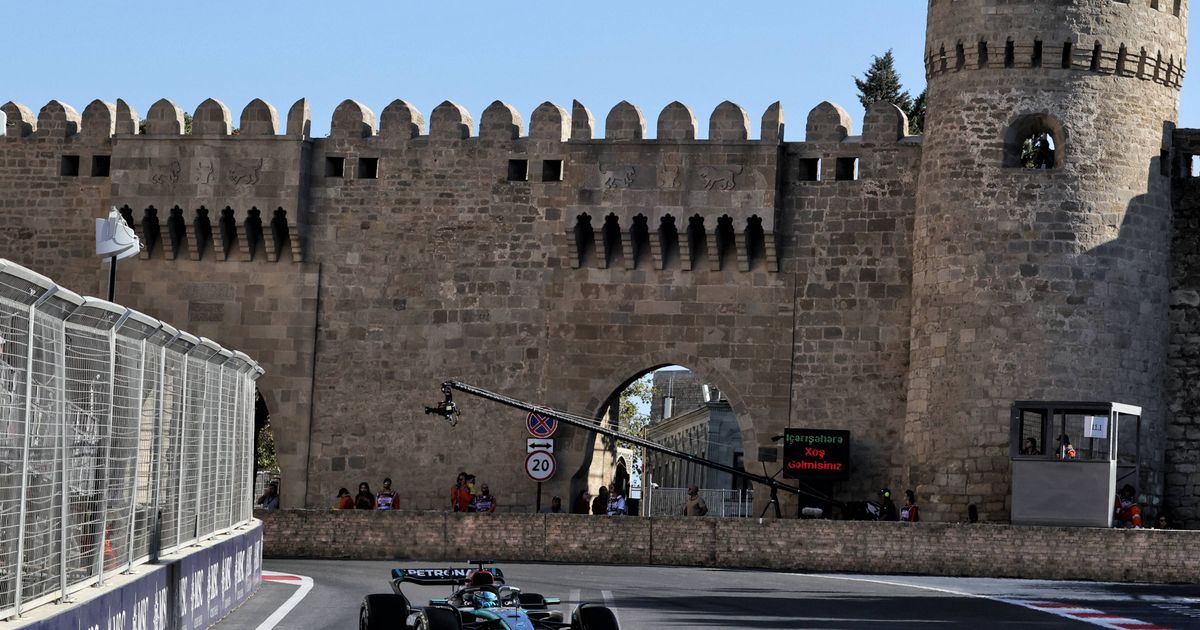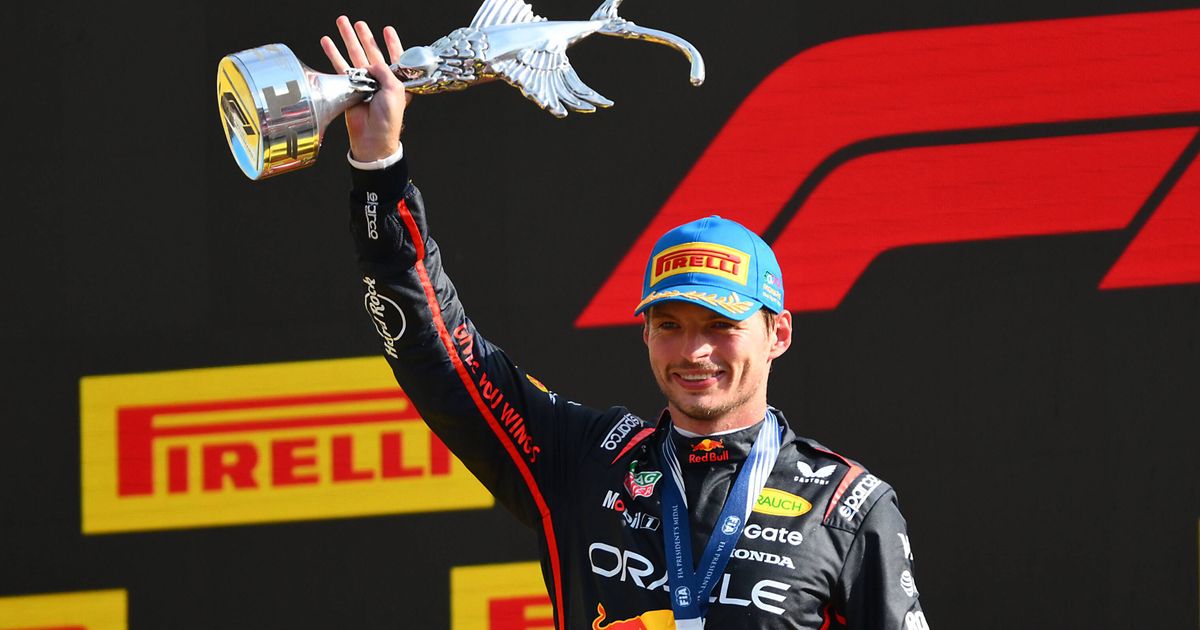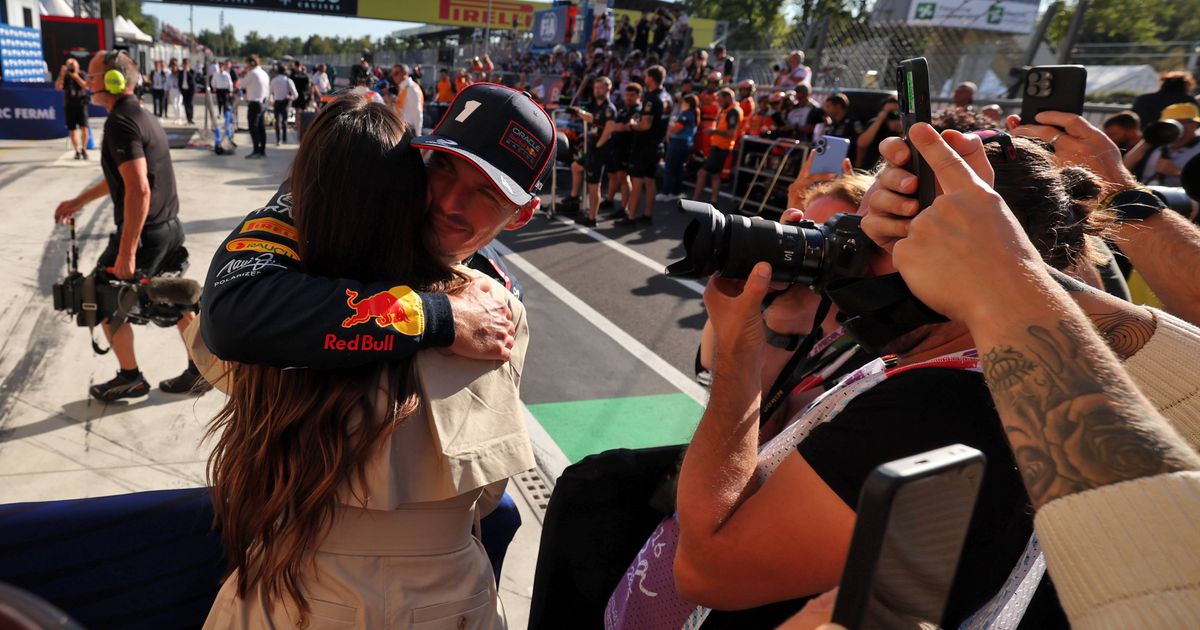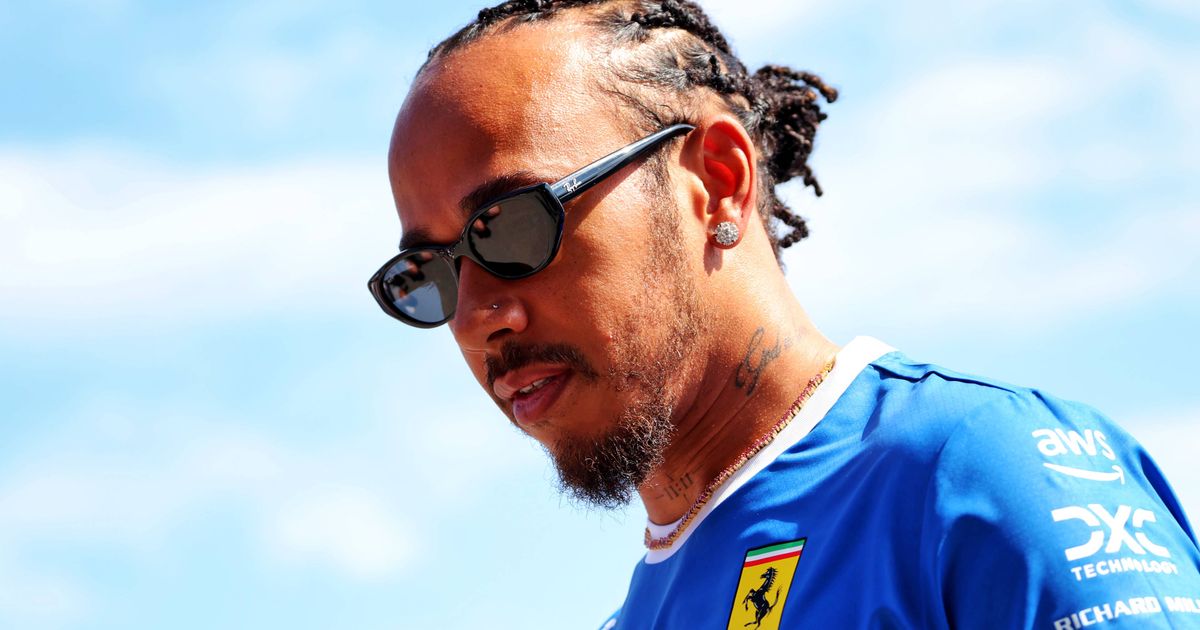
Cadillac Prioritizes Team Cohesion Over Car Type for 2025 F1 Testing
Cadillac is aiming to conduct track testing before the end of 2025, with boss Graeme Lowdon emphasizing that the specific car used is secondary to the primary goal: allowing the new team to gel and familiarize themselves with race procedures. This strategic approach aims to build cohesion and operational readiness ahead of their competitive F1 debut.
Why it matters:
Cadillac's entry into Formula 1 as the 11th team represents a significant expansion for the sport. Their meticulous pre-season preparation, focusing on team dynamics and procedural mastery rather than car-specific engineering, highlights a pragmatic strategy to hit the ground running. For a new constructor, establishing seamless operations is as critical as car performance.
The Details:
- Testing Intent: Cadillac plans to conduct private testing before the end of 2025, with Lowdon confirming the intent to get the team on track.
- TPC and THC Regulations: While rumors suggested a TPC (Testing of a Previous Car) arrangement using a 2022, '23, or '24 F1 car, Lowdon stated the specific car isn't the priority. He even suggested THC (Testing of Historic Cars) could be an option, emphasizing that any car that facilitates team practice is acceptable.
- Purpose of Testing: The main goal is for mechanics and trackside personnel to regain "muscle memory," get accustomed to working together, and familiarize themselves with systems and procedures. Lowdon explicitly stated the test is not for engineering insights into the 2026 car, given the significant regulation changes.
- Driver & Location Agnostic: The article suggests Sergio Perez as a potential driver for such tests due to contractual freedom, but Lowdon's comments imply the driver and even the test location are flexible, as long as the team can work together.
Race Simulation Preparations:
Beyond physical track testing, Cadillac has already initiated extensive race weekend simulations. These simulations involve:
- Virtual Race Control: An 'ops room' at Silverstone hosts 60-70 engineers simulating entire Grand Prix weekends in real-time, with their virtual car in a Charlotte simulator.
- Comprehensive Simulation: Every session, including media availability for drivers, is simulated to mimic a real race weekend environment.
- "Race Ready" Program: This internal program aims to ensure the team is fully up to speed by the time they arrive in Melbourne for their debut. The goal is to avoid any introductory moments at the first race.
- Protocol Refinement: Early simulations, like the one for the Barcelona weekend, have already helped establish uniform radio protocols and communication standards across the diverse team members, many of whom come from different racing backgrounds.
What's Next:
Cadillac's rigorous preparation underscores their commitment to being competitive from day one. While the specifics of their initial track testing remain fluid, their focus on human-centric readiness rather than purely technical car development sets a distinct tone. If their "Race Ready" program and planned track tests successfully build a cohesive and efficient operational unit, Cadillac could indeed pose a formidable challenge to established F1 teams, demonstrating that a well-oiled team can be as crucial as an innovative car.
Original Article :https://www.planetf1.com/news/why-the-car-doesnt-matter-in-cadillacs-f1-2025-tes...



